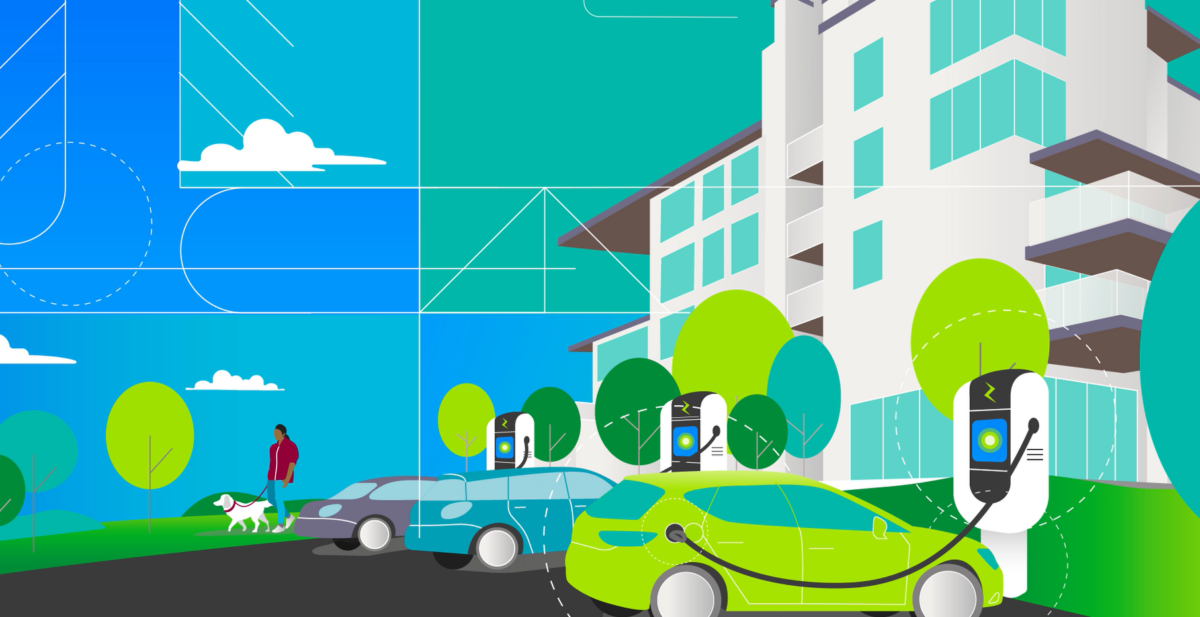Turning local climate action into national solutions.
Guides
LC3 guides draw on shared research and local experience.

Regulating Energy and Emissions in Existing Buildings: A Primer for Canadian Municipalities
This guide offers municipalities and policymakers insights into the role existing buildings are expected to play in meeting Canada’s decarbonization goals.

Priority Municipal Actions to Enable Zero Emission Vehicle Adoption
This guide identifies and prioritizes the highest-impact municipal actions for electrifying how people, goods and services move around.

The Municipal Guide to Net-Zero Energy Ready Building Codes
This guide contains content for municipalities to understand tiered codes, the advantages of adopting an ambitious tier, and how to use the new codes to achieve net-zero emissions by 2050.

From Climate Emergency Declaration to Net Zero Emissions Building Standards: A Roadmap for Municipal Action
Priority actions municipalities can take in their progress from declaring a climate emergency to adopting the upper tiers of the 2020 model codes or net zero emissions code.
Case Studies
LC3 case studies highlight innovative local initiatives.
September 2023
From training on construction techniques to resources on low-carbon building materials, Metro Vancouver Zero Emissions Innovation Centre (ZEIC) and ZEBx are leading the way in the reduction of embodied emissions in Metro Vancouver. This innovative incentive-based program aims at reducing the embodied carbon in new home builds by 40%. Learn more today.
Greater Montreal Climate Fund (GMCF): Propulsion Quebec’s School Bus Electrification Project – A Digital Guide for Operators
September 2022
Quebec recently passed legislation and regulatory plans to accelerate school bus electrification by March 2024. The Greater Montreal Climate Fund and Propulsion Quebec have offered a solution for operators and managers, which are driven by local climate targets and community priorities. The Digital Guide for Operators maps the full value chain of electric school buses, defines the governance structure and more. This guide also specifically targets less-resourced, smaller-fleet owners.
September 2022
In its development phase and through conversations with HCi3’s advisory group members, key stakeholders and partners, it was recognized that HCi3’s first grant program would need to differentiate itself from other existing local funding programs. HCi3 framed their grant program around challenge statements to address specific gaps in the market with a focus on GHG reductions at scale, community benefits, equity and partnerships.



